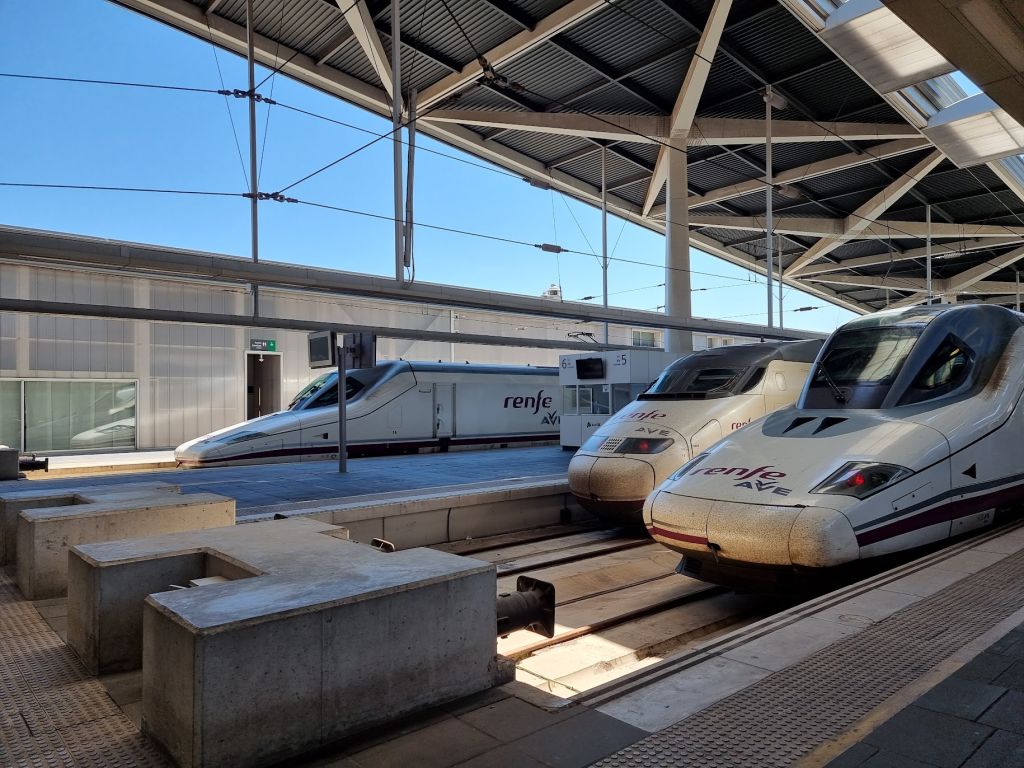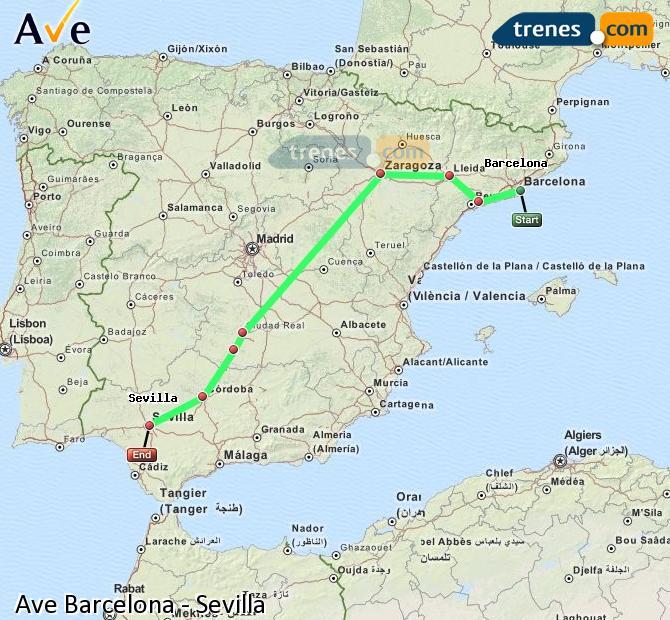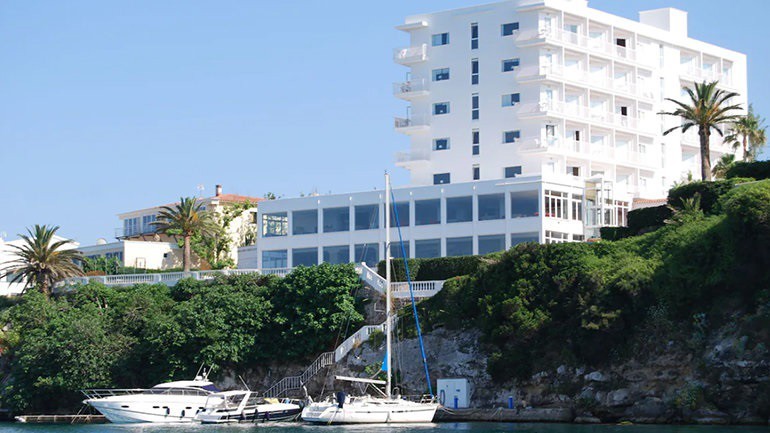Passengers on Spain’s railways are increasingly facing delays, cancellations, overcrowded stations, equipment theft, breakdowns, and other disruptions. These issues, which have become routine for many travelers, particularly affect local and regional networks, with serious capacity problems at stations and poor management of service interruptions.
Spain’s national railway company, Renfe, reported a record number of delays last year, impacting both its high-speed AVE trains and medium-distance services. According to Renfe, the growing demand for rail travel, extensive infrastructure improvement projects, and challenges posed by competing operators are to blame.
Spain’s rail sector stands out in Europe for its unique competition in high-speed services, with three operators: Renfe, the French state-owned Ouigo España, and Iryo, partially owned by Italy’s Trenitalia. Since Renfe lost its monopoly in 2021, it has faced increasing pressure to adapt. In response, the company launched a budget-friendly service, Renfe Avlo, to attract cost-conscious travelers.
Renfe has also revised its compensation policy for delays. It no longer offers a full refund for delays of 30 minutes. Instead, passengers are eligible for 50% reimbursement for delays of one hour and a full refund only for delays exceeding 90 minutes.
Despite these challenges, Spain’s rail sector has seen unprecedented growth. Lower fares and open competition have driven record-breaking passenger numbers, with over 665.2 million train journeys recorded last year—a 20% increase compared to 2019, according to the Spanish National Institute of Statistics (INE).










